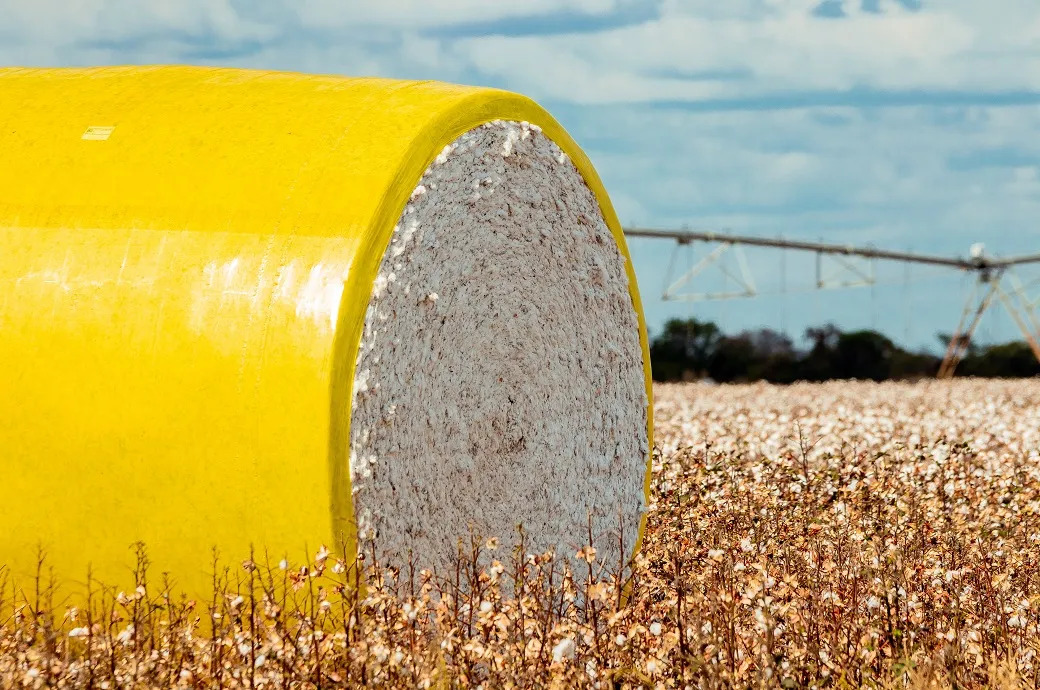A pioneering report by Circle Economy, supported by funding from the H&M Foundation, offers an unprecedented look at circularity in the clothing and textile industry. Titled, Circularity Gap Report Textiles, the study calls for urgent action to reduce the sector's environmental footprint by adopting circular economy principles such as reuse, recycling, and slow fashion.
The report uncovers startling statistics: of the 3.25 billion tons of textile materials used annually, only 0.3 per cent are obtained from recycled sources. Furthermore, 70 per cent of these materials are fossil-fuel-based synthetic fibers. The report advocates a focus on renewable and recycled fibers, improving garment durability, localising supply chains, and scaling back production and consumption to propel the industry towards a sustainable and circular future.
The report offers actionable insights for the textile industry, says Christiane Dolva, Head - Innovation, Research & Demonstration, H&M Foundation. Its findings aim to inspire industry-wide transformation for the benefit of people and the planet, she adds.
To achieve a circular textile industry, the report makes four key recommendations including reducing overproduction, expanding environmental priorities, ensuring a just transition to circularity and fostering collaborative action.
Quantifying circularity in textiles for the first time, the report emphasises on the urgent need to transform the entire value chain, notes Hilde van Duijn, Managing Director, Circle Economy Foundation. The industry needs concrete, scalable actions to contribute meaningfully to a sustainable future, he adds.
The Circularity Gap Report Textiles aligns with the H&M Foundation’s ongoing initiatives, such as the Global Change Award, which supports innovations benefiting both people and the planet, and Saamuhika Shakti, a program advancing inclusive circularity by empowering waste pickers. Moving forward, the Foundation plans to use the report’s findings to inform its efforts to decarbonise the textile industry equitably, identifying areas where its philanthropic support can have the greatest impact.
By highlighting circular economy principles and actionable strategies, the report sets a roadmap for reshaping the textile industry into a more sustainable and socially responsible sector.












